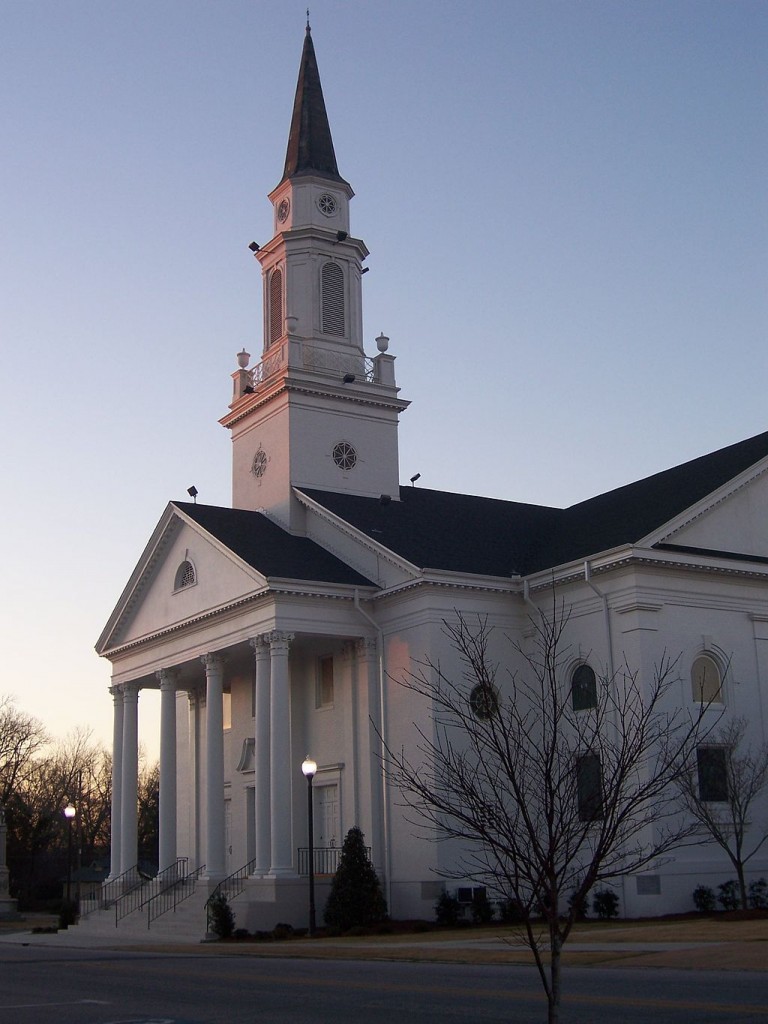 This week the Pew Research Center released its latest study on America’s changing religious landscape.
This week the Pew Research Center released its latest study on America’s changing religious landscape.
The survey polled Americans in 2007 and 2014, asking them their religious affiliations along with questions about the importance of religion in their lives. The survey is making headlines primarily because it shows an increase in unaffiliated Americans (what some call the “nones”—people who do not identify with any religion) alongside a decrease in Christianity.
But are the stats really that simple? And what does this survey reveal about religion in America?
Not as Simple as it Seems
There is no doubt Pew’s survey is extensive. There is also no doubt the findings are troubling; Christians ought to be troubled by any evidence that people are leaving the faith. However, many are portraying these findings in very simple terms—as if people are simply ceasing to go to church and are turning to atheism. The truth is much more complicated.
For decades Christians have been shifting away from mainline, traditional churches and denominations in favor of less formal evangelical or nondenominational churches. In other words, people who went to, say, a Presbyterian church twenty years ago might be going to a church that is not affiliated with any denomination today.
With that in mind, many of this survey’s findings could have been predicted; liturgical churches and mainline denominations have declined in many parts of the country for years; that doesn’t represent a decline in Christianity so much as a trend in church preferences among Christians.
Now, yes, overall, the numbers appear to show a decline in the number of Christians in America, but that’s not the same as saying millions of people simply disavowed their faith over the past few years—that is over-simplistic. Since 2007, there no doubt have been atheists who converted to Christianity; there have been Lutherans who changed their church membership to evangelical; and there probably have been evangelicals who converted to a completely different religion.
With virtually any religion, there is a constant flow of people joining or leaving the faith, and Christianity is no different in that regard. The best way to sum up the survey is that it shows what appears to be a net loss in the number of people self-identifying as “Christian” and a net gain in the number of people self-identifying as religiously unaffiliated.
The End of “Nominal” Christianity?
I would venture that as much as anything, this survey may indicate the days of “nominal” Christianity are coming to an end in America.
Historically, it was not uncommon to meet people who identified themselves as “Christians” despite rarely attending church, praying, or reading scripture. I don’t want to pass judgment on whether or not these people actually were or are Christians, but there is no doubt it’s easy to treat “Christian” like a label bestowed at birth or baptism many years ago.
Because surveys like this one depend on how people view and identify themselves, it may be that many of the religious “nones” found in the survey are people who would have identified themselves as “Christian” ten years ago, despite having very little to do with any Christian church or denomination on a regular basis.
This is substantiated by a survey Gallup published a year and a half ago in which it found weekly church attendance in American today is roughly on par with where it was in the 1940s.
In that regard, the only religious practice that may be changing among some Americans is what they call themselves. It could be that many people who would have called themselves “Christians” once upon a time are simply owning up to the fact that they are not particularly religious.
The Solution is Not to Change Christianity
Again, the rise in religious “nones” in America in conjunction with a decrease in the number of people self-identifying as “Christian” is troubling, but even more troubling are the “solutions” already being discussed in some Christian circles.
Some people are talking as if Christian doctrines and teachings need to change to make them more palatable—especially for young Americans.
Scripture promises there will be times when many will turn away from the faith (Mathew 24:10); it also promises that there will come a time when people “will not endure sound doctrine,” wanting, instead, to hear selectively from their own teachers (II Timothy 4:3). At no point are Christians commanded change or downplay aspects of their faith in order to fill more pews.
As many have said, for two thousand years people have pronounced the death of Christianity, and for two thousand years Christianity has consistently outlived its pallbearers.
Christianity survived the lions and the catacombs; by the grace of God, it endured first century Rome, third century Europe, fifth century Ireland, and a seventh century Caliphate, just to name a few; it can survive twenty-first century America, too.
Christianity doesn’t need to be “saved.” In fact, it’s just the opposite: Christianity brings the unflinching message of a Savior.
That’s a message that does not need to be “fixed.” It’s a message Americans need to hear now as much as ever.




Joe Peré
Debbie Cannon